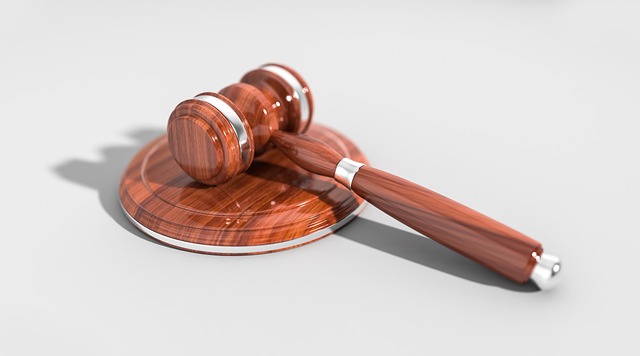Injury arbitration is a flexible alternative dispute resolution method for personal injury claims, offering swift resolution outside traditional court trials. However, it may limit access to justice and rights, particularly for complex or severe injuries. Arbitrators lack judicial precedent binding, potentially leading to inconsistent outcomes. Consulting a qualified car accident lawyer is advised for significant damage claims to understand arbitration's implications on compensation and privacy compared to courts, and to protect rights.
Can arbitration limit your right to compensation after an injury? This article explores the impact of injury arbitration on your legal rights. We break down the basics of understanding injury arbitration, delve into the pros and cons of using arbitration for personal injury cases, and provide essential knowledge to protect your rights before agreeing to arbitrate. By the end, you’ll be equipped with the insights needed to make an informed decision in light of potential compensation restrictions.
- Understanding Injury Arbitration: A Basic Guide
- The Pros and Cons of Using Arbitration for Personal Injury Cases
- Protecting Your Rights: What You Need to Know Before Agreeing to Arbitration
Understanding Injury Arbitration: A Basic Guide

Injury arbitration is a process designed to resolve disputes outside of traditional court proceedings. When an individual suffers serious injuries in an accident, whether it’s a car crash or another incident, they often have the option to pursue arbitration as a means of seeking compensation. This alternative dispute resolution (ADR) method involves presenting evidence and arguments before an impartial third party, known as an arbitrator, who then makes a binding decision.
Unlike court trials, arbitration is typically less formal and more flexible, allowing both parties to agree on certain rules. A car accident lawyer might recommend arbitration as a strategy for clients with serious injuries, especially in cases where the other side may be reluctant to settle fairly. The goal of arbitration is to provide a swift and cost-effective way to resolve compensation claims, but it’s crucial to understand that this process can also limit your rights, especially if you’re unfamiliar with legal procedures.
The Pros and Cons of Using Arbitration for Personal Injury Cases

Arbitration offers an alternative to traditional court proceedings for personal injury cases, presenting both advantages and potential drawbacks. One of its key benefits is speed; arbitration typically concludes faster than a trial, providing a more swift resolution for claimants. This can be particularly appealing when dealing with the financial burden and emotional toll of an injury, offering a quicker path to compensation.
However, there are concerns regarding access to justice. In certain cases, arbitration fees and rules may limit the compensation available, especially in complex or severe injury claims. Unlike courts, arbitrators are not bound by precedent, which could potentially result in inconsistent outcomes. For those seeking substantial damages, particularly in car accident or medical malpractice scenarios, where a commercial disputes or business litigation background is involved, consulting with a qualified car accident lawyer is advisable to understand the implications of arbitration on their rights and potential recovery.
Protecting Your Rights: What You Need to Know Before Agreeing to Arbitration

Before agreeing to arbitration, it’s crucial to understand how it might impact your ability to seek compensation for injury-related damages. While arbitration offers a more efficient and private alternative to court proceedings, it does come with potential drawbacks, especially in cases involving serious injury arbitration.
When you agree to arbitrate, you’re typically waiving your right to a trial by jury and, in some cases, limiting the amount of compensation you can receive. Many employment contracts include arbitration clauses, as do agreements for various services. Even after a car accident injuries, the at-fault party’s insurance company may push for arbitration instead of direct negotiations or litigation. It’s important to carefully review any agreements and consult with an experienced accident lawyer who can explain your rights and help protect them throughout the process.
While arbitration can streamline the process and potentially reduce legal fees, it’s crucial to remember that it also limits your traditional avenues for appeal. This means understanding the potential drawbacks of waiving your right to a trial by jury. Before agreeing to arbitration in an injury case, thoroughly review the terms and consult with a legal professional to ensure your rights are protected and you’re making an informed decision regarding your compensation.






